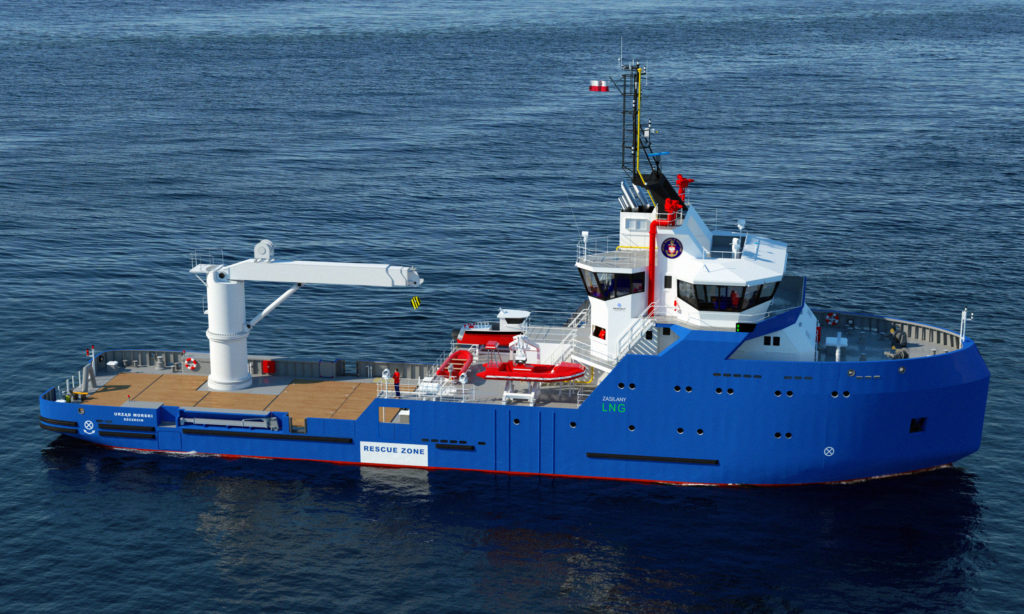Buying and Exporting Special Purpose Ships from South Africa
Buying and Exporting Special Purpose Ships from South Africa
South Africa has a long history of shipbuilding. Since 1719, when the first recorded shipwrighting operation was set up by Hendrik Adriaan van Ouda VENDER in the Cape, the industry has grown and developed significantly. Today more than 200 companies operate in South Africa’s shipbuilding and related industries, with most located in Durban, Cape Town and Port Elizabeth. The country is recognized as a leading manufacturer of special purpose ships such as car carriers, containerships, LNG carriers, tankers and very large ore carriers (VLOCs). Because of this, exporters from other countries often consider these vessels when sourcing from South African suppliers. If you are interested in exporting or buying special purpose ships from South Africa, read on to know what you should consider.
What’s the difference between special purpose ships and general cargo vessels?
Special purpose ships, or dedicated carriers, are vessels designed to carry specific types of cargo, such as containers, liquid bulk, automobiles, Roll-on/roll-off (Ro-Ro), livestock, or mine ore. They are built to comply with a set of special rules and regulations. General cargo vessels are open-end ships that transport all types of cargo, including liquid and Roll-on/roll-off. These vessels have open hatchways and special equipment to secure and load/unload the various types of cargo they carry.
Which companies build these ships in South Africa?
The major shipyards in South Africa include Transnet Engineering, Bloem Shipbuilding, Carrol Marine, South African Asian Shipyard, SAMCO, and DHI. Bloem, which is based in Port Elizabeth, is one of the leading shipbuilders in South Africa. The company’s major special purpose vessel types include containerships, tankers (purser and product), gas carriers, and LNG carriers. Transnet Engineering, which is based in Durban, is a conglomerate that manufactures steel, aluminum, and wooden-hulled vessels up to a length of 320 m. The company mainly builds Roll-on/roll-off vessels, product tankers, and liquid carriers, including product carriers and barges. Carrol Marine, which is located in Cape Town, has a long history in shipbuilding, dating back to 1873. Today the company offers a wide range of services, including design and engineering, construction of new vessels, repairs and conversions, and offshore services. Carrol Marine mainly specializes in Roll-on/roll-off vessels, product tankers, and containerships.
Who buys special purpose vessels from South Africa?
The main buyers of special purpose vessels from South Africa are the Middle East, Far East, and Europe. In the past, most vessels were exported to Europe and the Far East, but today with the Suez Canal closed due to the development of the New Suez Canal, the Far East has become the primary market. The closure of the Suez Canal has made it more expensive to import and export goods from Europe to Asia, so exporters have shifted their operations to South Africa as a more cost-effective alternative.
Exporting Special Purpose Vessels from South Africa
Before exporting special purpose vessels from South Africa, you should know the country’s shipping regime and how it differs from that of other countries. Laws: The laws and rules of South Africa are determined by the South African Parliament and implemented by the Department of Transport (DOT). These laws and regulations govern the construction, ownership, operation, manning, and sale of ships. Agency: The DOT is the government agency responsible for all aspects of shipping, from regulating, controlling, and administrating shipping, shipbuilding, and pilotage, to ensuring the safety of shipping. Taxes: The following taxes and duties apply to special purpose vessels exported from South Africa: – 10% Sales Tax (or VAT, value added tax) – 0.75% import agent fee – Port charges (if shipped through a port) – 3% CIF charge (CIF is the acronym for “cost, insurance, and freight”.)
Who are the major players in the South African shipbuilding industry?
The South African shipbuilding industry has been a major player in the global shipbuilding sector since the early 20th century, and it has grown to become a significant force in the shipbuilding world. Today the South African shipbuilding industry is led by five major players, each of which has a substantial presence in the market and is capable of producing a wide variety of commercial vessels. The top players in the South African shipbuilding industry are: – Asiatic Shipbuilding and Engineering Company (ASEC) – Bloem Engineering and Management (BEM) – Carrol Engineering and Management (CEM) – South African Asian Shipyard (SAAS) – Samco Engineering
What are some of the most popular special-purpose ships exported from South Africa?
The following are some of the most popular special-purpose ships exported from South Africa. – Ro-Ro ships: These vessels are designed to carry wheeled cargo, such as automobiles, trucks, trailers, and railroad cars. – Panamax container ships: These are one of the largest container ships, with a capacity to carry up to 10,000 TEUs. Most of these ships are used by container lines that have a contractual agreement with the Panama Canal Authority. – Panamax car carriers: Also called Bulk-Carriers, these ships are designed to carry automobiles, trucks, and other wheeled cargo. – Very large bulk carriers (VLBC): These vessels are designed to haul iron ore, coal, and other commodities found in the seabed. – Very large crude carriers (VLCC): These are designed to transport oil and petroleum products.
Conclusion
When the Suez Canal first opened in the late 1800s, it was quickly adopted as the main thoroughfare between Europe and Asia. As a result, South Africa also developed into a major shipping hub and exporter. Today, the country continues to be a major exporter of special purpose vessels, both to Europe and the Far East, as well as other regions of the world. If you are interested in exporting or buying special purpose ships from South Africa, make sure you know the shipbuilding regime and the different types of special purpose vessels available.








LEAVE A COMMENT
You must be logged in to post a comment.